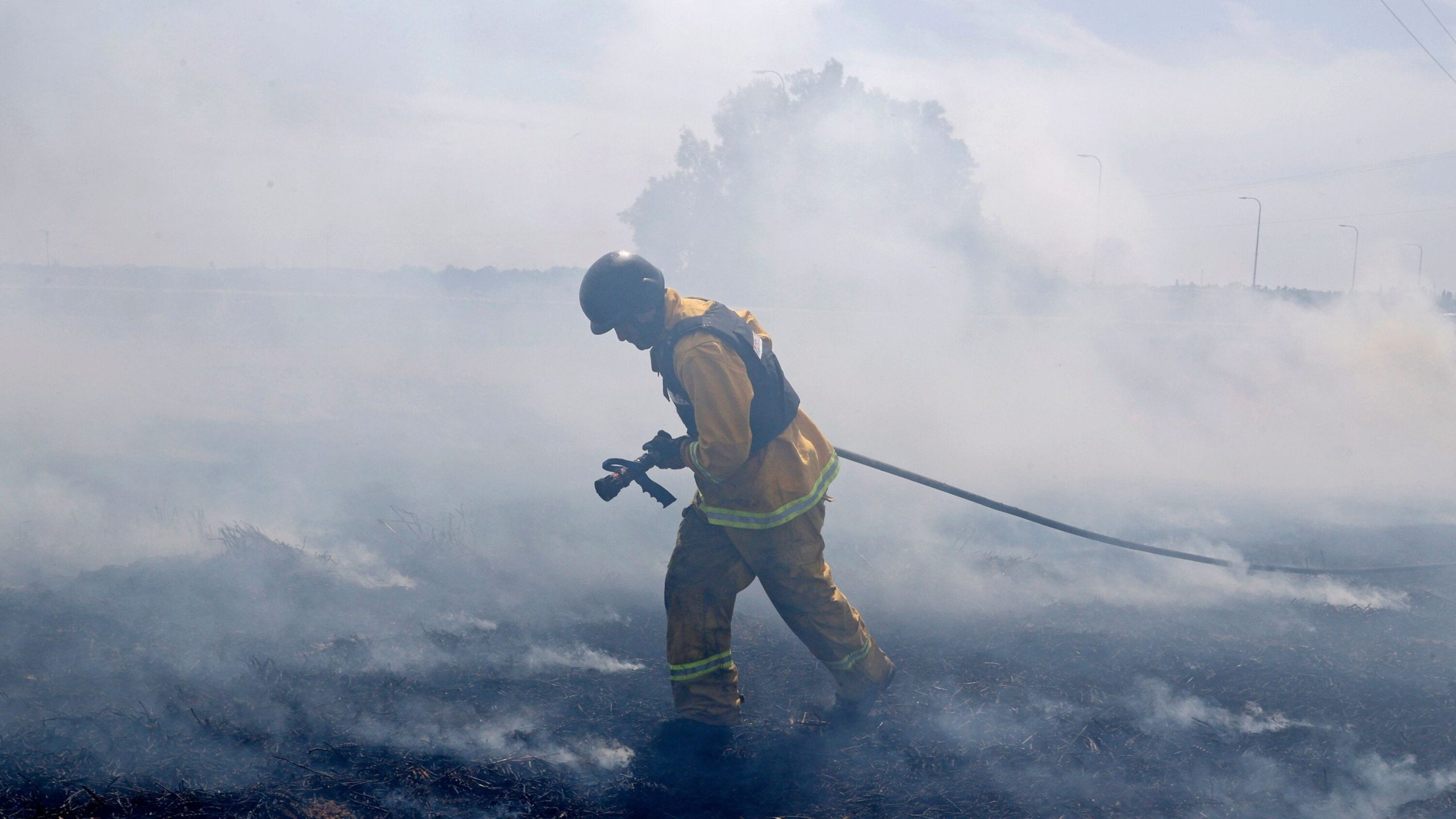Concerns Over Regional and Global Threats Highlighted by Jamaat-e-Islami Leaders
At a recent gathering held in the Gadap area of Karachi, the deputy chief of Jamaat-e-Islami (JI) Pakistan addressed a party convention, expressing grave concerns about the growing influence of what he described as the “greater Israel agenda.” This agenda, according to the leader, poses a significant threat not only to Pakistan but also to the stability of the entire Muslim world. The event, which lasted an entire day, was part of a broader series of conventions organized across different districts.
Support kami, ada hadiah spesial untuk anda.
Klik di sini: https://indonesiacrowd.com/support-bonus/
During his speech, the JI leader emphasized that the United States appears to be supporting India’s actions against Pakistan and Israeli aggression against Iran. He pointed out that these actions are directly backed by the U.S., indicating a deepening regional conflict that affects global dynamics. Despite the failure of military campaigns launched by these forces, the underlying threats continue to persist, prompting the need for vigilance and strategic planning from Islamic movements.
The leader also highlighted the interconnectedness of regional and domestic politics, urging Islamic groups to remain aware of these dynamics and adjust their strategies accordingly. He stressed the importance of strengthening the relationship between the people and Allah Almighty, suggesting that this spiritual connection is essential for progress and resilience.
Unfortunately, the enemy is intensifying efforts to destabilize Balochistan, with the aim of creating a situation similar to the fall of East Pakistan. The JI leader also expressed concern over the ongoing crisis in Gaza and the broader Middle East, emphasizing the need for international solidarity in addressing these issues. He noted that while protests against the Israeli genocide in Gaza can be held in the UK parliament or outside the residence of the British premier, such actions are not possible within the Pakistani parliament or in Islamabad. This discrepancy highlights the challenges faced by the country in upholding its constitutional principles, which clearly state that sovereignty belongs to Allah Almighty.
Support us — there's a special gift for you.
Click here: https://indonesiacrowd.com/support-bonus/
Dr Attaur Rehman, another prominent figure in the JI, spoke about the revolutionary nature of the Quran, describing it as a guide against social injustice and inequality. He called for spiritual purification and urged the audience to reflect on the teachings of the holy book. According to him, the world is experiencing unrest, and people are searching for peace. He argued that only a true Islamic caliphate could bring lasting peace to the global community.
Muhammad Usman Farooq, the deputy secretary general of JI Pakistan, provided detailed insights into the current situation in Karachi. He criticized the government for exacerbating the city’s problems, highlighting the crises related to water, power, and infrastructure. The citizens of Karachi are struggling under the weight of inflation and excessive taxation, leading to widespread dissatisfaction.
The JI leader encouraged Karachiites to voice their demands and support the party’s rights movement. He emphasized the importance of collective action in addressing these challenges and ensuring justice for the people.
Other JI leaders, including Dr Wasay Shakir, Taufiquddin Siddiqui, and Dr Merajul Huda Siddiqui, also participated in the day-long conventions, delivering speeches that reflected the party’s commitment to addressing the pressing issues facing the nation. Their messages underscored the need for unity, resilience, and a strong adherence to Islamic principles in the face of ongoing challenges.







